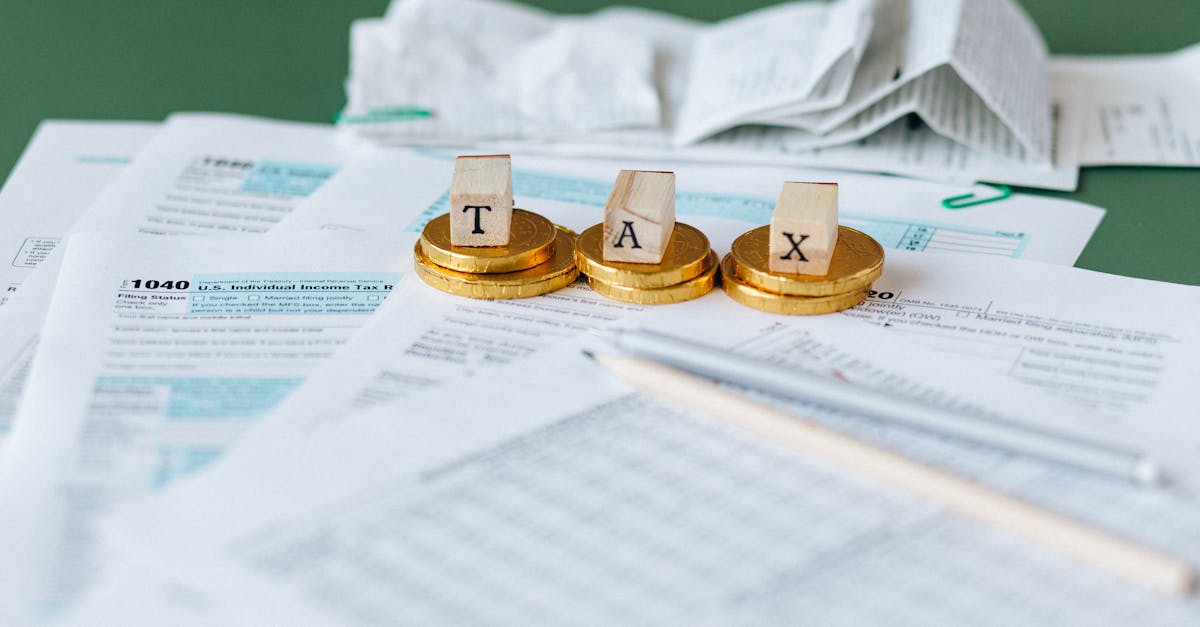When you hear the term “blockchain law,” do you picture a maze of technical jargon and complex regulations? You’re not alone. Many people see it as an impenetrable fortress reserved for tech-savvy lawyers and crypto enthusiasts. However, the truth is much more accessible. Blockchain law is transforming the legal landscape, offering exciting opportunities for everyone willing to understand it. From smart contracts to data privacy, this field is reshaping how we think about law and technology.
Embracing these changes isn’t just about keeping up; it’s about gaining a competitive edge. Imagine having a clearer understanding of how blockchain technology can streamline legal processes, reduce transactional costs, and create robust digital identities. This knowledge is invaluable for anyone navigating the digital asset industry or dealing with property rights and intellectual property. Knowing the ins and outs will enable you to make informed decisions, whether you’re a legal professional, a business owner, or simply curious about innovation.
Ready to unlock the secrets of blockchain and see how it can make a real difference in your world? Join me in exploring how this technology is set to change the legal industry forever. Let’s dive in!

Photo provided by KATRIN BOLOVTSOVA on Pexels
Inside the story
The Basics of Blockchain Law
Understanding Blockchain Technology
When I first learned about blockchain technology, it felt like a mystery. It’s a system that records information in a way that makes it hard to change. Think of it like a digital ledger. Each page in this ledger is a block, and they are all linked together to form a chain. This chain is decentralized, meaning no single person controls it. Blockchain technology impact can be huge because it offers security and transparency.
Smart Contracts in Legal Practice
I find smart contracts fascinating, especially in legal practice. A smart contract is a self-executing contract with terms written in computer code. These contracts automatically do things when certain conditions are met. For example, if I send you a digital asset, a smart contract can automatically transfer ownership once payment is received. But it’s not all simple. Smart contracts legal issues can be tricky. For example, what happens if there’s a bug in the code? Or if one party doesn’t have internet access to confirm the contract? Lawyers need to understand these issues to help their clients effectively.

Photo provided by Nataliya Vaitkevich on Pexels
Advanced Blockchain Applications in Law
Data Privacy and Blockchain Compliance
One thing I always think about is data privacy and blockchain compliance. With blockchain, once data is added, it can’t be easily changed. That’s great for security, but it can be a problem for privacy laws that require data deletion. I have to ask myself, how do we balance these needs? Blockchain privacy concerns must be addressed, especially when personal data is involved. Privacy laws vary across regions, so blockchain needs compliant designs to meet these standards.
Maximizing Blockchain Applications in Law
There’s so much potential with blockchain applications in law. Imagine a world where legal documents, property rights, and transactions are all handled more efficiently. Blockchain can cut down on manual labor and reduce costs significantly. In my view, the most exciting part is the potential for blockchain technology streamline legal processes. It’s like having a personal assistant that doesn’t sleep, automating repetitive tasks and ensuring accuracy. Lawyers and legal professionals need to stay updated on these advancements to maximize their benefits.
Embracing the New Legal Frontier
Understanding the landscape of blockchain can transform how you navigate the digital world. By leveraging advancements like smart contracts and blockchain compliance, you gain a clearer, more secure method of handling transactions and protecting data. This technology brings transparency and efficiency to the legal sector, allowing you to focus on strategic matters rather than getting bogged down with manual processes.
Start by diving deeper into specific blockchain applications that interest you. Engage with resources that explain complicated concepts in simple terms, and consider reaching out to experts for guidance. Building your knowledge gradually will help you make informed decisions about integrating blockchain into your work. Joining online forums or local meet-ups can also connect you with like-minded individuals eager to share insights and experiences.
Now is the time to take action. Begin exploring how technology can enhance your legal practice today. Stay curious, keep learning, and watch as you harness the potential of this innovative tool. The future is waiting, and it’s yours to explore.
